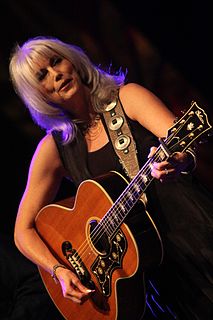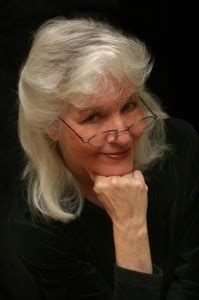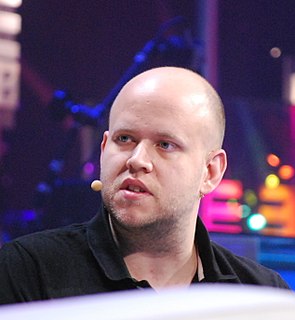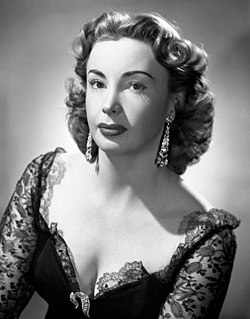A Quote by Charles Dickens
"You see," said Mr. Toots, "what I wanted in a wife was - in short, was sense. Money, Feeder, I had. Sense I - I had not, particularly."
Related Quotes
Common sense is the guy who tells you that you ought to have had your brakes relined last week before you smashed a front end this week. Common sense is the Monday morning quarterback who could have won the ball game if he had been on the team. But he never is. He's high up in the stands with a flask on his hip. Common sense is the little man in a grey suit who never makes a mistake in addition. But it's always someone else's money he's adding up.
It all made sense - terrible sense. The panic she had experienced in the warehouse district because of not knowing what had happened had been superseded at the newsstand by the even greater panic of partial knowledge. And now the torment of partly knowing had yielded to the infinitely greater terror of knowing precisely
We were very - we were a working family, and my father had this very simple philosophy, simple working class approach. If you spoke to my father and said, "Mr Smith across the road, what do you think of Mr Smith?", he'd only - he'd only say a couple of words. He'd say, "He's a worker", and that meant this bloke got up in the morning, went out, worked, brought his money home, fed his wife and kids, housed them, got them to school, educated them, made sure they were safe and all that. It had so much connotations to it.






































